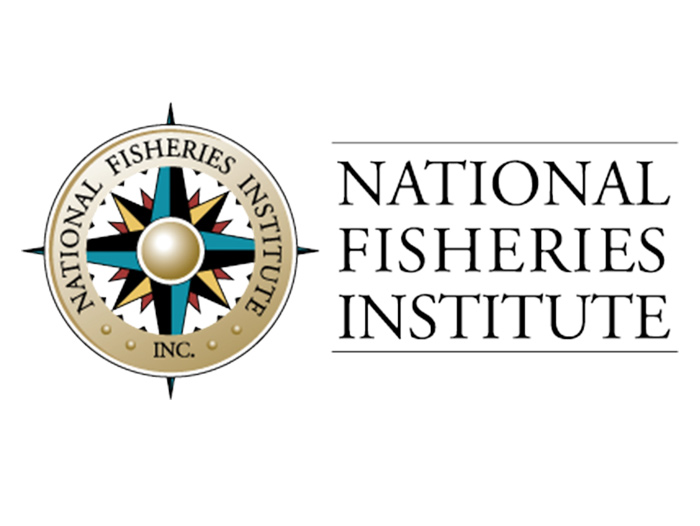Leading US Seafood Industry Trade Groups Call for Independent Review of Washington DNR Decision
November 16, 2022 | 4 min to read

In response to the November 14 announcement that the State of Washington’s Department of Natural Resources (DNR) will not renew the leases for Cooke Aquaculture Pacific’s steelhead farms in Washington waters, three leading US trade groups–the Northwest Aquaculture Alliance (NWAA), National Fisheries Institute (NFI), and the National Aquaculture Association (NAA) are calling for an independent review of DNR’s decision by one or more third parties such as the University of Washington School of Aquatic and Fishery Sciences.
“This was not a decision based on science,” said NWAA President and CEO of tribally owned Jamestown Seafood, Jim Parsons. “If that were the case, we would be seeing a very different decision. In terminating Cooke’s marine net pen leases, the DNR has ignored the best available science from NOAA, a state Supreme Court ruling, the Washington Department of Fish and Wildlife, and the Washington Department of Ecology, to name just a few of the countless scientific studies from other regions demonstrating that marine aquaculture does not harm endangered species or wild fish stocks.”
Parsons added, “The DNR decision will have devastating consequences for our rural communities where living-wage jobs are scarce, while at the same time taking healthy protein off American plates. This will result in a great loss to local economies and public health.”
NOAA recently issued a five-year strategic plan to develop a strong US aquaculture sector. The United States currently ranks 18th in the world in aquaculture production, according to NOAA.
“Washington state has apparently decided to ignore the enormous body of science that shows marine aquaculture, as it is practiced today, has a negligible impact on other fish species or on the environment,” Parsons said.
“We fail to understand why, at a time when we are beginning to see massive layoffs in the tech sector, a government agency would willingly and knowingly destroy a job-creating industry, one that in other regions has brought living-wage employment and economic development to hard-hit rural areas. Additionally, we find it puzzling that an agency whose mission is to protect our natural resources would target one of the most climate-friendly and environmentally beneficial food sectors. We are also at a loss to understand why DNR would choose to ignore the science that shows marine aquaculture to have a negligible impact on the water—particularly compared with other marine water users,” Parsons said.
“Aquaculture has the ability to sustainably and affordably increase the availability of the healthiest animal protein on the planet, while also producing jobs—an impressive combination,” said Gavin Gibbons, Vice President for Communications at the National Fisheries Institute. “At a time when important efforts to grow the US aquaculture sector are underway, this decision is disappointing,” he said.
“The US aquaculture farming community recognizes the value and benefits of regulations to protect the public, environment and farming operations,” commented Sebastian Belle, President of the National Aquaculture Association. “In this instance where science is ignored, which is so very critical to achieving excellence in governance and finding a balance between man and nature, no one benefits. We strongly support an independent review by objective scientists and hope the citizens of Puget Sound will agree.”
